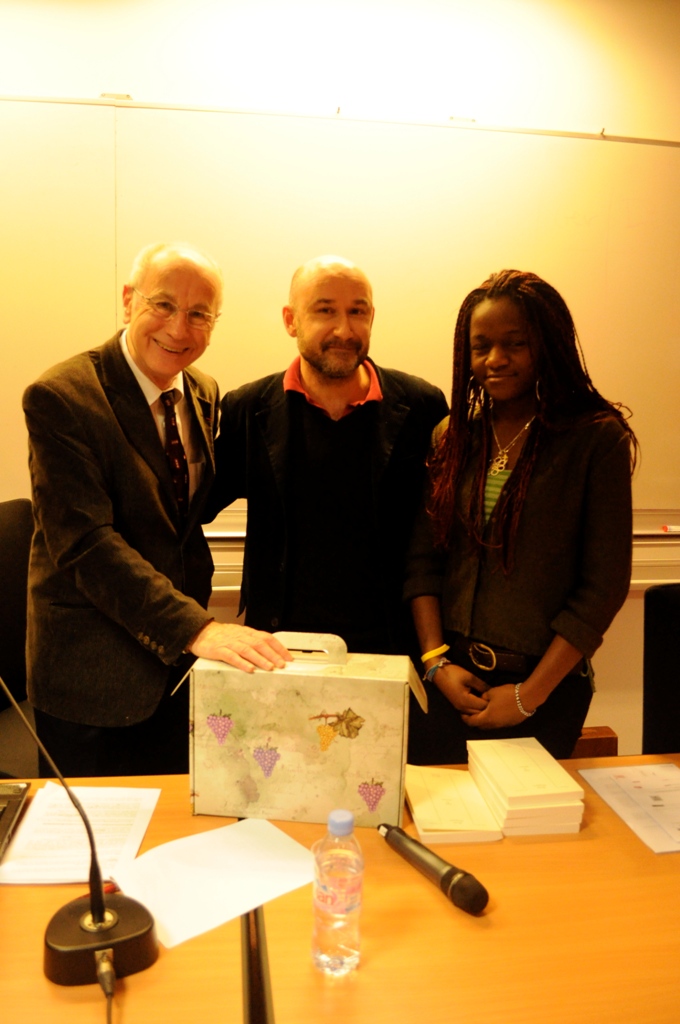Remi Huppert is a consultant and writer.
On February 23, 2011, on the occasion of his visit to Sciences Po Reims for his lecture "Why is a sensitive intelligence need for our time? How can art contribute to it? "The Sundial Journal" spoke with him.
The Sundial Journal: What is your academic and professional background?
Remi Huppert: I am a graduate of HEC Paris and a PhD in sociology. I worked fifteen years, half-abroad, in operations. For twenty-five years, I have been a consultant for institutions and companies. My consulting firm (editor's note: Remi Huppert- Conseil Council) carries out missions for the European Union, in particular in emerging countries, and gives lectures and seminars in parallel.
The Sundial Journal: Your approach the world of business uses a combination of philosophy and management. Why this combination, and how these two areas converge?
RH: In management as taught in business schools, there is something wrong. It lacks a reflection on the human being and its operation. Use of philosophy, sociology and psychology is neglected. I have campaigned for their introduction into schools. Management gains to enrich from these three ingredients. The central issue is the legitimacy of the ruler. What makes it legitimate is the sense given to the work of its employees. This requires a balance between reason, sensibility and feeling.
The Sundial Journal: Your conference focuses on the concept of "sensitive intelligence" ("sensitive intelligence"). Can you tell us more about this concept and how it can be useful to us students?
RH: The sensitive intelligence is intelligence that pays attention to the analysis and control of emotions. It is a reflection on the areas which affect employee motivation. This motivation is composed of a portion of trust placed in employees and takes into account their emotional expectations. By making employees more intuitive, imaginative and motivated, performance improves. In my opinion, sensitive intelligence is the second pillar of the management behind the rational intelligence. As Bergson says, one must be thinking and feeling things.
The Sundial Journal: How to teach students?
RH: The teaching of sensitive intelligence goes with a better familiarization with philosophy and art. Intuition and emotion must be fertilized by practice.
The Sundial Journal: How to give us a way to succeed?
RH: We must have a clear vision of our strengths, what we cherish and what differentiates us from others. Then we have to find a field of expression that we enjoy and motivates us. The search can be long! I became a consultant at 40!. Finally, we must find the environment in which we sahll be able to insert. But the path is not easy!
Interview by Alessandro Tondini, Emily Perkinson and Clemence Vignal Lambret the 23/02/11
|

